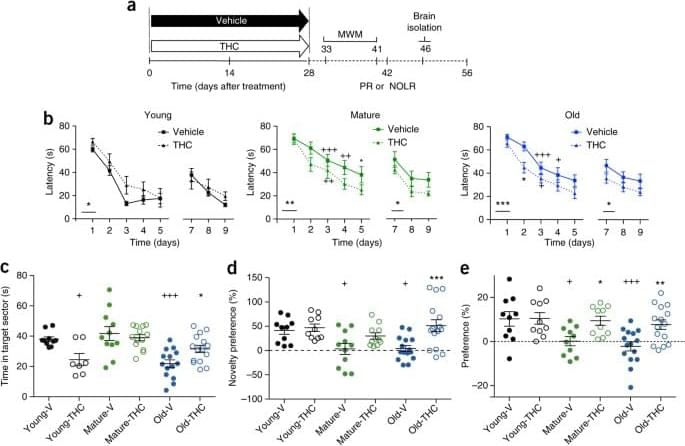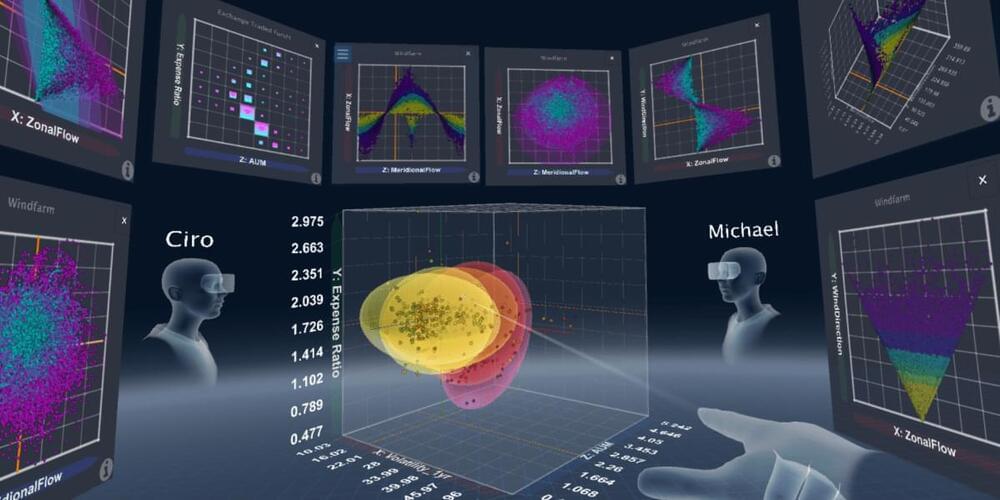X CEO Linda Yaccarino claims that the company formerly known as Twitter is almost breaking even.
“I’ve been at the company eight weeks,” Yaccarino said in her first broadcast interview since taking on her new role. “The operational run rate right now… we’re pretty close to break even.”
This is a surprising declaration, given the company’s financial struggles since its acquisition by Elon Musk. Ad revenue is plummeting as brands pause spending on the platform, and X has gone to desperate lengths to get more cash flow — remember when we all got rate limited for not subscribing to Twitter Blue? Or when the company curbed its developer community by charging exorbitant rates for API access?








